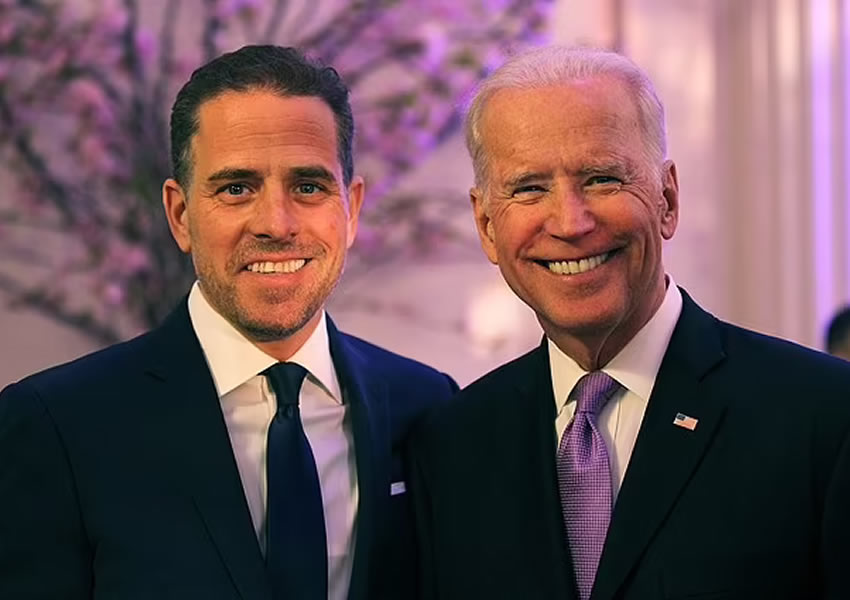Almost everyone now realizes the threat of an economic downturn caused by the COVID-19 coronavirus pandemic, and many have already suffered the consequences. In this situation, corruption is no longer just an additional burden on business, but a serious menace and no company can be fully confident that their bribery risks are equal to zero. Is it possible to find a solution that will provide reliable protection from corruption?
Corruption is a mechanism that enables impunity for violations of established rules for private purposes. Being a part of it, bribery deforms public institutions and shatters industries.
Even subtle corruption turns healthy competition into the fight for access to corrupt money. As a result, the most corrupt companies receive the highest chance to survive, which jeopardizes the very nature of business as an art of entrepreneurship.
The problem of bribery is often inherent in contact-dependent spheres, such as public procurement, energy sector, banking and others; in other words, those who work with complex structures of multi-level contractual relations encounter kickbacks the most often. Virtually every company in these areas has some form of anti-bribery measures. But do these measures really work?
Rely on yourself, stay under threat
Many companies opt for self-certification or intra-industry standards to cushion themselves against inappropriate behavior. Unfortunately, it often turns out that this is not enough.
Take, for example, the banking sector and the scandal around 1Malaysia Development Berhad (1MDB) public investment fund. American Goldman Sachs, one of the then-leading partners of 1MDB, also caught the attention of authorities.
Seventeen top managers of the bank were charged with aiding money laundering and bribery of foreign officials as they received kickbacks after the placement of bonds for the fund.
The bank’s own anti-corruption program couldn’t be of any help: despite its seeming comprehensiveness, the policy was not enough to fully ensure compliance with the law.
It turns out, then, that internal standard are not a panacea: often it comes down to just a formal policy in relation to general disclosure of information, notes the US Department of Justice: “Evidence that a bank official complies with the bank’s own code of conduct supports the argument that there has been no breach of trust…
But a bank official’s full disclosure to management evidences good faith only when such disclosure is made in the context of properly exercised supervision and control”.
Law and order?
This logic can be applied to other areas as well. Internal policies are rather popular everywhere, although they do not give a hundred percent guarantee. Some understand this and make the primary choice in favor of formal compliance with laws and regulations, leaving the company’s policies as an additional means.
This may seem like an obvious and right decision since it’s clear that we must obey the law. However, this choice has one significant drawback: no law provides recommendations on how to prevent bribery, exactly. Moreover, regulatory compliance is often tardy in the sense of prevention: it often happens that a company learns that its employee violated a law only after it receives a formal notice.
At that, if a company operates in one of the countries with a high risk of corruption, relying solely on compliance with laws without taking additional measures poses a great risk, as happened with Swiss commodities trading giant Vitol SA. Recently, the company agreed to pay $ 164 million to settle a US government bribery investigation case involving bribes for favorable decisions about the company’s oil business.
Vitol paid bribes to officials in Brazil, Ecuador, and Mexico in order to gain lucrative contracts and competitive advantages, according to the materials of the United States Attorney’s Office.
However, the company previously claimed that “it has a zero-tolerance policy for bribery and corruption”, and also worked “in accordance with all relevant legislation,” in their own words.
The fine is unlikely to have a positive effect on the performance of the company whose profits plunged by 70% in the crisis 2020 year, and this serves as a good warning to anyone who is having a hard time during the economic slowdown.
Act today to save tomorrow
Surviving a downturn in the presence of even vague corruption risks is certainly a feat, and any company should take bribery risks into account. No company in no country can feel safe: bribes are being paid across sectors to officials from countries at all stages of economic development, says OECD. At that, it’s obvious that many solutions are not effective enough, because reliance solely on oneself or on legal guidelines turns out to be insufficient.
The key to the problem can be found in independent certification: a solution that primarily allows controlling risks, not just establishing a framework within which employees can move.
Such systemic approaches are similar to those that are introduced in other areas: for example, when ensuring safety at a construction site, we don’t just issue simple warnings about wearing a helmet but take a whole range of measures, from insurance to safe working conditions at the facility.
Independent certification works in a similar way: anti-bribery management systems leave a company free from the headache caused by compliance since the issue is controlled by the system that detects and timely prevents violations.
One of these solutions is the ISO 37001 system. International anti-bribery experience included in the standard facilitates cooperation with domestic and international partners, reducing the risks of working around the world.
In addition, the comprehensive mechanism of control (including financial and procurement control, control over the organization’s assets) demonstrates to all stakeholders that the organization has taken the necessary steps to counter bribery.
“Today organizations which are able to demonstrate ethical behavior are preferred by customers, says Sumit Makhija of Deloitte India. ISO 37001 certification presents an opportunity… to establish the strength of the internal mechanisms and checks to counter bribery and corruption”.
The analyst notes preferences of buyers for a good reason: in complex economic relations, cooperation with unscrupulous suppliers, even if you are not aware of their practices, is already a serious accusation per se. And when the economy is slowing down, the struggle for survival becomes fiercer, and the threat of bribery is growing stronger because ethical standards are falling.
A survey held after the 2009 crisis found that over two-thirds of the 130,000 respondents believed that the economic crisis was also a crisis of ethics and values. Of course, today’s situation has not yet reached that scale, but it is undoubtedly better to shut the stable door before the horse is bolted and not rely on luck, untested standards, or unproven trustworthiness of partners.





